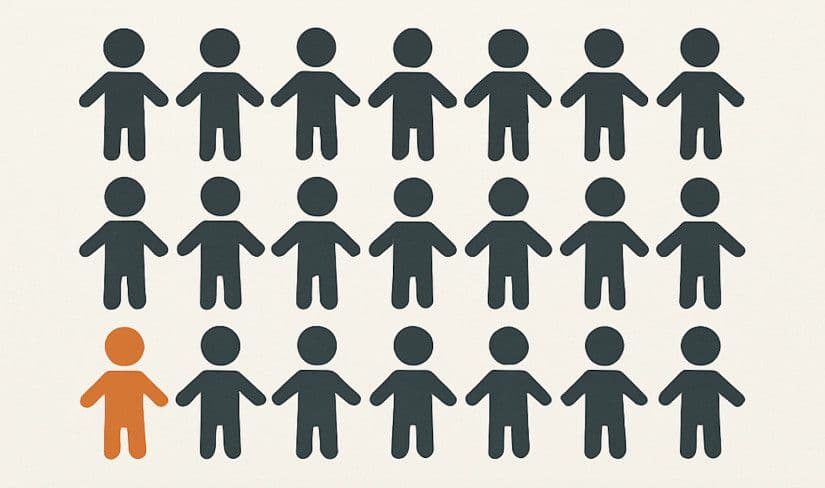Policy
Research
Quality
Workforce
Innovative Research
Understanding Children
New research finds 1 in 28 Australian children may have FASD

0bdx41vt25zs
Jun 05, 2025
Save
A new national study suggests that one child in every classroom may be living with fetal alcohol spectrum disorder, with major implications for early childhood educators and support services.
Up to one in 28 Australians may be living with fetal alcohol spectrum disorder (FASD), according to new modelling led by the University of Sydney. The study, published in Drug and Alcohol Review, is the first to estimate FASD prevalence in the general population using national data.Researchers combined evidence on alcohol use in pregnancy with known risk profiles for FASD, estimating a prevalence rate of 3.64 per cent. This means that in every classroom across Australia, at least one child may be living with the condition.
FASD is a lifelong neurodevelopmental disorder caused by prenatal alcohol exposure. It is the most common preventable cause of acquired brain injury in Australia and is associated with learning difficulties, emotional regulation challenges, behavioural issues and other conditions, including ADHD and autism.
Professor Elizabeth Elliott from the Sydney Medical School, senior author of the study, said early identification and coordinated support are vital.
“FASD is permanent but preventable. We need action across health, education and justice systems to reduce new cases and better support children already affected,” Professor Elliott said.
Many children living with FASD are never diagnosed, particularly those in out-of-home care, youth justice settings or from remote First Nations communities. As a result, educators may not always have access to the information they need to understand the child’s behaviours or needs.
Sophie Harrington, Chief Executive Officer of the National Organisation for Fetal Alcohol Spectrum Disorders (NOFASD) Australia, welcomed the findings.
“This data is invaluable. It strengthens our calls for greater understanding, earlier diagnosis and stronger support systems across services that work with children,” Ms Harrington said.
Jessica Birch, an advocate and young adult living with FASD, added:
“A diagnosis can unlock understanding and open the door to supports that change lives. For many families, it’s the first step toward healing.”
The study was led by the late Dr Tracey Tsang, a senior researcher dedicated to improving outcomes for children affected by FASD. Professor Elliott said the team hopes the research will stand as a lasting legacy of Dr Tsang’s commitment to child health.
What early childhood services can do
- Increase awareness of FASD’s presentation, including difficulties with sensory regulation, transitions and memory.
- Use trauma-informed and neurodiversity-informed practices in everyday routines, environments and educator interactions.
- Review access to support plans for children with additional needs, particularly in long-daycare and preschool settings.
- Engage families without judgment, offering trusted referral pathways to health professionals when appropriate.
Support and resourcesNOFASD Australia offers a free, confidential helpline for families, educators and professionals: 1800 860 613More information and training resources: www.nofasd.org.au
The full study is available in Drug and Alcohol Review: Tsang, T., Rosenblatt, D., Parta, I., Elliott, E. (2025). Estimating the Prevalence of Fetal Alcohol Spectrum Disorder in Australia
Don’t miss a thing
Related Articles



















